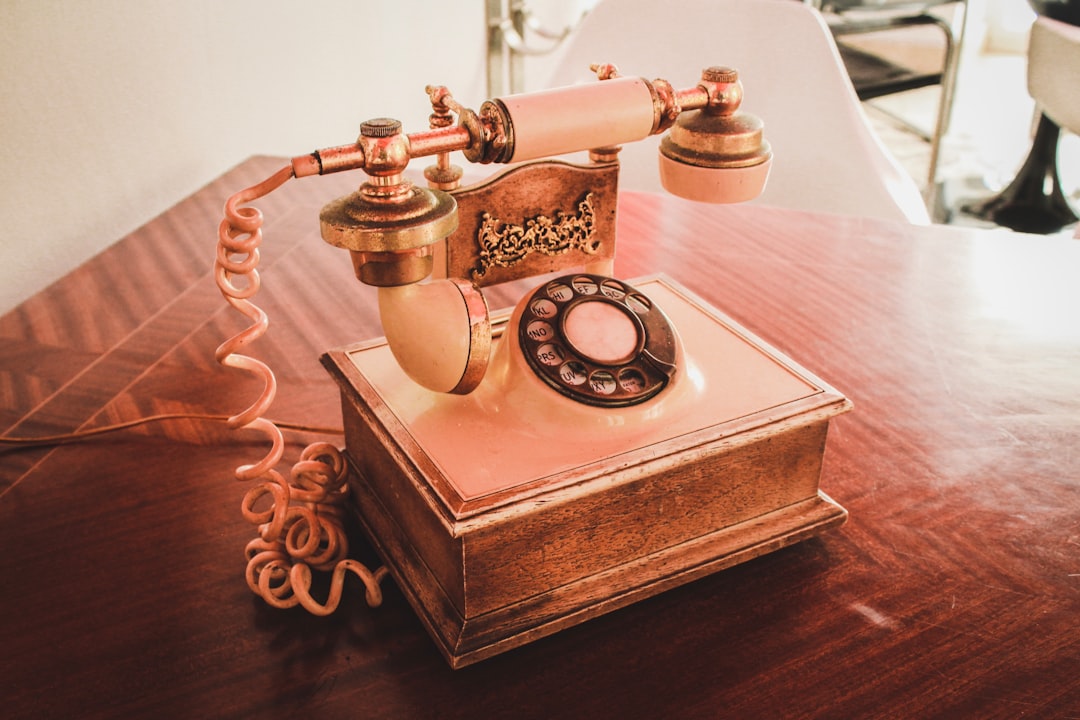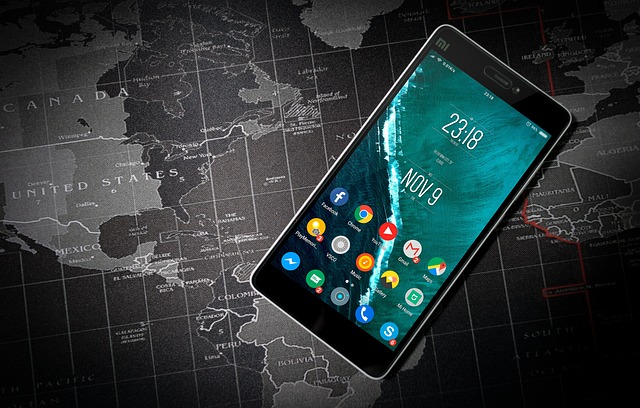Spam calls are a significant issue for Myrtle Beach hotels, but they're also illegal under the Telephone Consumer Protection Act (TCPA) in South Carolina. To combat this, hotels must:
1. Implement robust call management strategies: This includes automated blocking systems, staff training on suspicious calls, and obtaining explicit consent for outbound marketing.
2. Engage a specialized Spam Call Law Firm or Lawyer: They can provide vital guidance on navigating the TCPA, ensuring compliance, and stopping spam calls effectively.
3. Strengthen contact list management: Implement strict data collection policies, maintain organized databases, and train staff to detect and prevent spam calls.
4. Utilize call filtering and blocking technologies: These solutions mitigate spam calls by automatically blocking numbers associated with fraudulent activities.
5. Stay informed about evolving spam trends: Regular training sessions empower staff to identify and handle suspicious calls promptly, safeguarding the hotel's reputation.
Creating a robust phone security crisis management plan is essential for any Myrtle Beach hotel aiming to protect its guests and reputation from the rising tide of spam calls. With South Carolina’s strict TCPA (Telemarketing Consumer Protection Act) laws, understanding and mitigating unwanted phone traffic is crucial. This guide explores effective strategies, from identifying spam sources to implementing technical solutions and training staff, empowering your hotel to navigate the legal landscape while ensuring guest satisfaction. Engage a South Carolina spam call law firm for expert guidance.
Understanding Spam Calls and Their Legal Implications in South Carolina
Spam calls are a common nuisance, but in South Carolina, they also come with legal implications. The Telephone Consumer Protection Act (TCPA) is a federal law designed to protect consumers from unwanted phone marketing and telemarketing calls. If your Myrtle Beach hotel receives or makes spam calls, it’s crucial to understand the TCPA’s rules and regulations. Violating these laws can lead to significant financial penalties for your business.
To stop spam calls in South Carolina, hotels should implement robust call management strategies. This includes implementing automated call blocking systems, training staff on identifying and reporting suspicious calls, and ensuring that any outbound marketing calls are made with explicit consent. Engaging a spam call law firm or hiring lawyers specialized in TCPA compliance can provide expert guidance on navigating these legal complexities. Remember, adhering to the Spam Call laws in South Carolina not only protects your hotel from financial harm but also fosters trust among your guests.
Identifying the Sources and Types of Unwanted Phone Traffic
Unwanted phone traffic can stem from various sources and take many forms, posing a significant challenge to Myrtle Beach hotel owners. One of the most prevalent issues is spam calls, which often target businesses across industries, including hospitality. These unwanted calls can be difficult to track as they may originate from automated systems or call centers, making them hard to trace and stop. South Carolina, like many states, has specific laws in place to combat this issue, such as the Telephone Consumer Protection Act (TCPA).
Hotels should focus on identifying the types of spam calls they receive, whether it’s promotional offers, prerecorded messages, or even scam attempts. By analyzing call patterns and content, hotel management can implement effective strategies to curb these unwanted intrusions. Engaging a South Carolina-based law firm specializing in TCPA cases can be beneficial for navigating complex legalities and ensuring compliance while dealing with spam calls, ultimately providing guests with a more secure and peaceful experience.
Building a Comprehensive Contact List Management Strategy
Building a robust contact list management strategy is an integral part of your Myrtle Beach hotel’s crisis management plan for phone security. It involves ensuring that all guest and employee contact details are collected, stored, and managed responsibly to minimize the risk of spam calls and text messages. Start by implementing strict data collection policies during check-in procedures, only asking for necessary information and obtaining explicit consent for marketing purposes.
Maintain an organized database, regularly updating and verifying entries. Utilize secure cloud-based systems or dedicated software solutions designed to prevent data breaches and unauthorized access. Additionally, educate your staff on the importance of accurate contact list maintenance, including proper disposal of old contact forms and regular training on spam call detection and prevention, empowering them to protect guest and employee privacy in line with South Carolina’s Spam Call laws, and potentially involving a reputable Spam Call law firm or lawyer specializing in TCPA cases in the state.
Implementing Technical Solutions to Block and Filter Spam Calls
Implementing technical solutions is a pivotal step in creating an effective phone security crisis management plan for your Myrtle Beach hotel. One of the most direct ways to mitigate spam calls is by employing robust call filtering and blocking technologies. These systems can identify and automatically block numbers associated with spam or fraudulent activities, significantly reducing the likelihood of your guests and staff being disturbed by unwanted calls.
In South Carolina, where strict regulations surrounding telemarketing practices exist, such as the TCPA (Telecommunications Consumer Protection Act), it’s crucial to partner with a reputable spam call law firm or engage lawyers specializing in TCPA cases. They can guide you in implementing the best solutions and ensure your hotel adheres to local laws, protecting both your business and your guests from potential legal repercussions while effectively stopping spam calls in South Carolina.
Training Staff, Responding Effectively, and Engaging Legal Support
Training your staff is a crucial step in establishing a robust phone security crisis management plan. Educate them about the latest spam call trends, including tactics used by scammers to bypass traditional filtering systems. Teach them how to identify and handle suspicious calls, such as those from unknown numbers or with automated messages. Regular training sessions can empower your staff to become the first line of defense against phone-based scams, ensuring a swift response.
Responding effectively to spam calls is essential to mitigate potential damage to your hotel’s reputation. Implement a clear protocol for handling such incidents, including steps for blocking numbers and reporting suspicious activities. Prompt action by your team can help stop scammers from exploiting your hotel’s phone lines. Consider hiring a dedicated IT team or outsourcing this task to experts who specialize in telecommunications security. Engaging legal support is another vital aspect; consult with experienced lawyers specializing in the Telephone Consumer Protection Act (TCPA) to ensure compliance and protect your hotel from potential lawsuits related to unauthorized calls, especially when dealing with South Carolina’s strict spam call laws.






